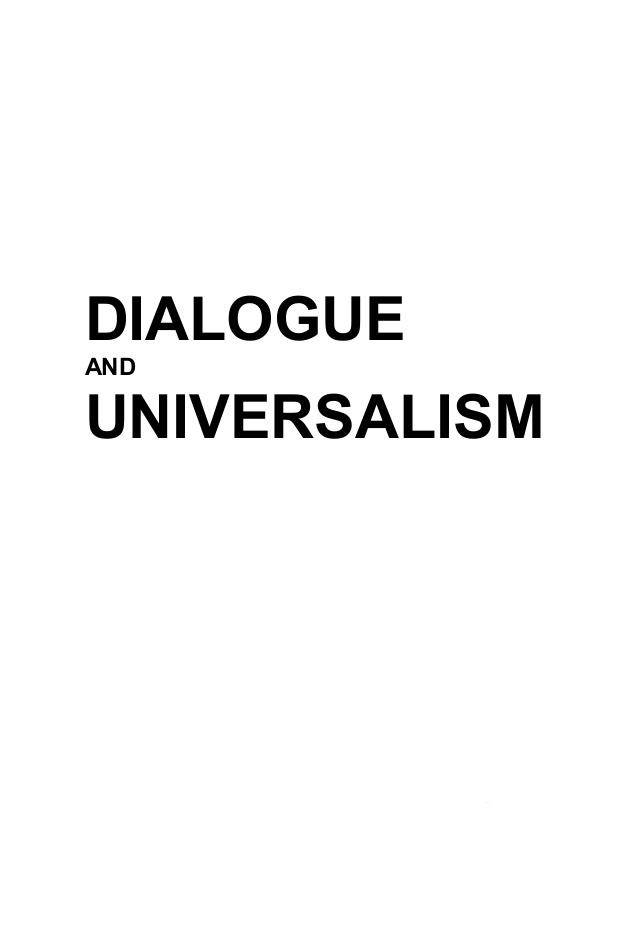PARSIMONY AND ONTOLOGICAL CONTROL: QUINE AND WITTGENSTEIN ON THE SIZE OF THE WORLD
PARSIMONY AND ONTOLOGICAL CONTROL: QUINE AND WITTGENSTEIN ON THE SIZE OF THE WORLD
Author(s): Mitchell Atkinson IIISubject(s): History of Philosophy, Philosophical Traditions, Special Branches of Philosophy
Published by: Instytut Filozofii i Socjologii Polskiej Akademii Nauk i Fundacja Filozofia na Rzecz Dialogu
Keywords: Ontology; Quine; Wittgenstein; miser; profligate
Summary/Abstract: In this paper, I argue that philosophers, while developing ontologies, can be classed as misers or profligates. I develop the categories of ontological miserliness and ontolog- ical profligacy and supply explanatory examples. I explore the theoretical motivation of both misers and profligates in terms of thought-time and inquiry scope. In brief, misers prioritize thought-time over inquiry scope; vice-versa for profligates. I examine the extent to which conservation of thought-time is an active concern for misers and pro- vide a miserly taxonomy for ontologies; ontologies may be cheap, expensive or impos- sible. I argue that profligates countenance the generative character of the ontological enterprise at the expense of exclusion and limitation. The works of Willard Van Orman Quine and Ludwig Wittgenstein provide canonic examples of miserly and profligate ontologies. I argue that Quine is an ontological miser par excellence, and that Wittgen- stein is profligate in his later period and evinces an intermediate position in his early period. Finally, I discuss the theoretical stakes involved in this entire discussion, pro- vide brief contemporary examples, and explore the extent to which the distinction be- tween miserliness and profligacy is illusory.
Journal: Dialogue and Universalism
- Issue Year: 2020
- Issue No: 1
- Page Range: 85-103
- Page Count: 19
- Language: English
- Content File-PDF

